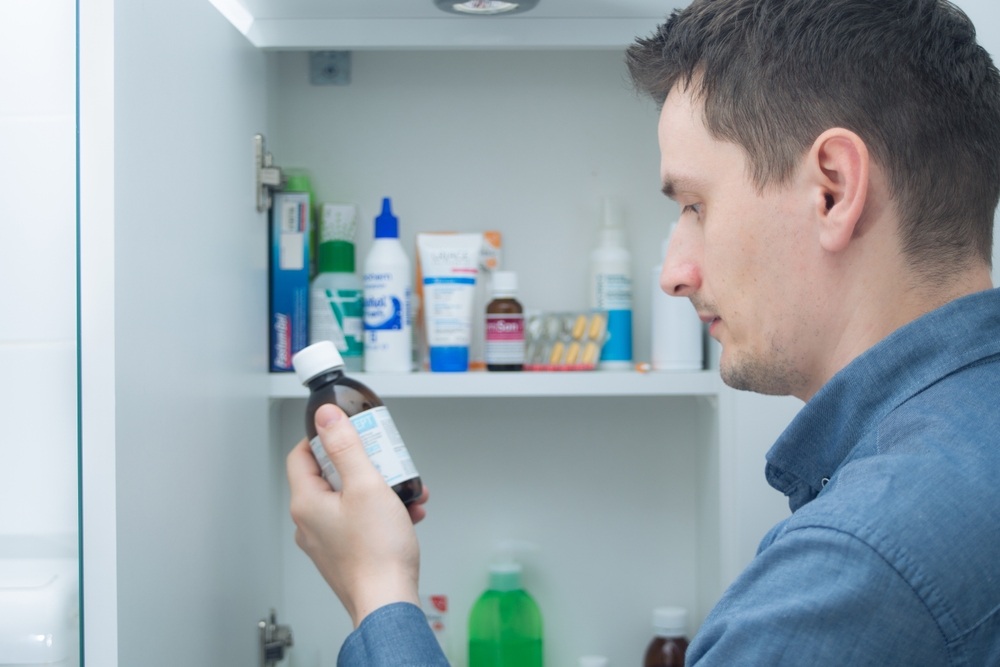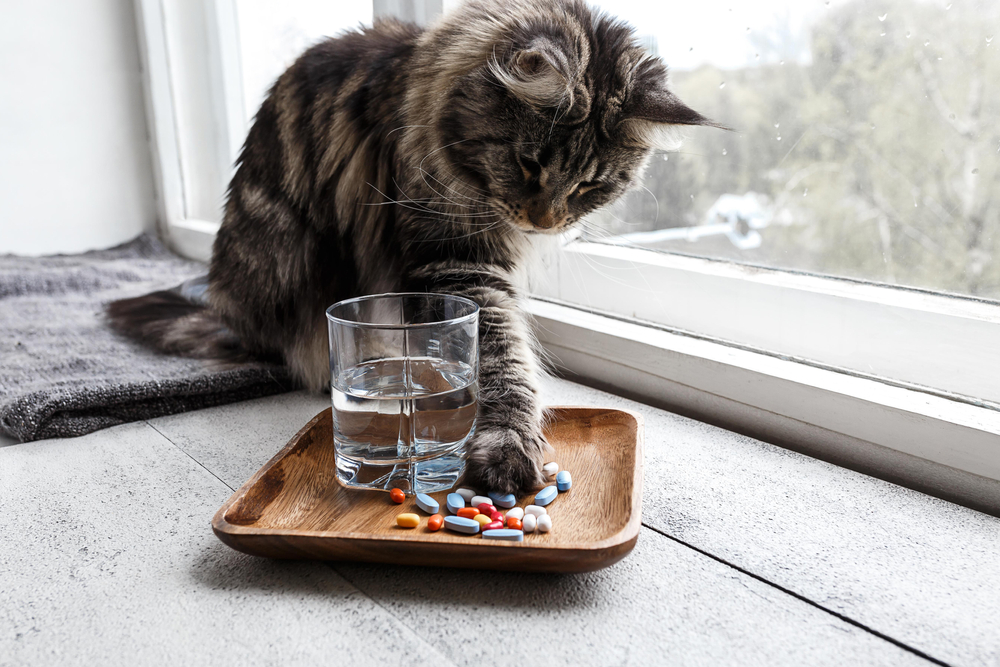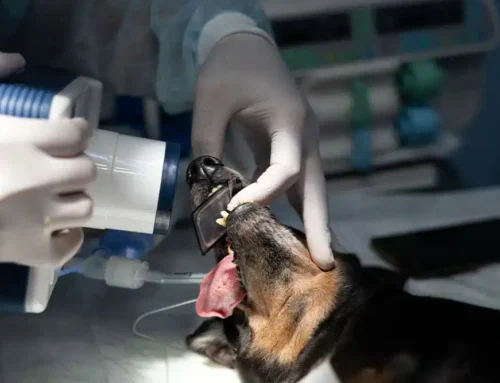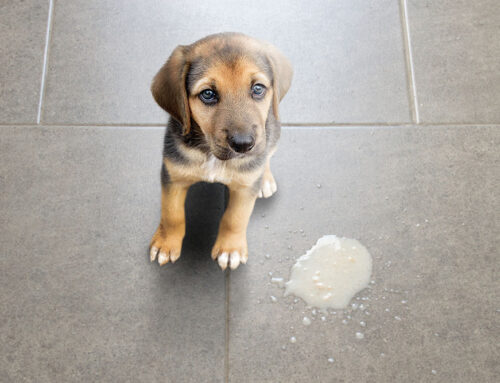If your pet falls ill or becomes injured overnight or during the weekend, you likely don’t want to wait until your family veterinarian is available to alleviate their illness or discomfort, and you may consider feeding your own medication. But, don’t! Fortunately, our Peak Pet Urgent Care team is standing by to offer assistance and fill in the gap between regular and emergency veterinary care, so you do not need to turn to your own medicine cabinet to treat your furry friend.
Pets who are given human medications often require urgent care, as many drugs meant for people are toxic to pets. Learn which common human medications are dangerous for pets, and why administration to your four-legged friend can result in a life-threatening emergency.
Understanding the risks of human medications for pets
Pets, whether dogs, cats, or other companions, are curious by nature. They explore their surroundings with enthusiasm, often coming across items they shouldn’t ingest. Human medications and foods are among the top culprits in pet poisonings, because medications that are safe for people can be toxic and potentially fatal to many animal species whose metabolism and physiology are different.
Common human medications harmful to pets
Any medication can be dangerous when administered incorrectly, but the most common human medications that are hazardous to your pet include:
- Pain relievers — Over-the-counter pain relievers like Ibuprofen (e.g., Advil), acetaminophen (e.g, Tylenol), and naproxen (e.g., Aleve) can severely harm pets, leading to gastrointestinal (GI) ulcers, kidney failure, liver damage, and death. Cats are especially sensitive to acetaminophen and only a tiny dose can be toxic.
- Antidepressants — Medications such as selective serotonin reuptake inhibitors (SSRIs) and benzodiazepines can cause neurological problems in pets, including sedation, agitation, tremors, seizures, and serotonin syndrome.
- Stimulants — ADHD drugs (e.g., Adderall) and diet pills can trigger elevated heart rates, increased blood pressure, tremors, seizures, and potentially fatal hyperthermia in pets.
- Heart medications — Cardiac drugs, such as calcium channel blockers and beta-blockers, can lead to dangerously low blood pressure, slowed heart rate, cardiac arrhythmias, and collapse when ingested by pets.
- Sleep aids — Substances like benzodiazepines and zolpidem (e.g., Ambien) can cause lethargy, disorientation, slowed breathing, and potentially coma in pets.
What to do if your pet ingests human medication
If you suspect or know that your pet has ingested any human medication, it’s crucial that you act swiftly. Follow these steps to ensure your pet receives appropriate care:
- Stay calm — Panicking will exacerbate the situation, as your pet will pick up on your anxiety, and your worried state of mind will make focusing a challenge. Maintain your composure to handle the emergency effectively.
- Collect evidence — Gather any remaining pills, packaging, or substances to assist the veterinarian in determining appropriate treatment for your pet.
- Contact your veterinarian — Immediately call your family veterinarian, an animal poison control center, or our Peak Pet Urgent Care team for guidance. Provide details about the medication, the amount ingested, and your pet’s current condition.
- Do not delay treatment — Your pet may appear fine initially but do not wait for toxicity signs to develop before seeking help. Some toxins have delayed or subtle effects.
- Follow professional advice — You may be instructed to induce vomiting, if safe and appropriate, administer activated charcoal, or rush your pet to an emergency hospital for further care.
How to prevent pet ingestion of human medications

While accidents happen, preventive measures can significantly reduce the risk of human medication-related emergencies for your pet:
- Secure medications — Store all human medications in a secure location out of reach of pets, preferably in cabinets or drawers.
- Dispose of unused medications properly — Safely discard expired or unused medications to prevent accidental ingestion by pets.
- Be vigilant — Monitor your pet’s environment closely, especially when guests are present or while you are taking your medication.
Pets who ingest human medications can swiftly become a medical emergency that necessitates prompt intervention. By understanding the risks, taking preventive measures, and knowing how to respond in emergencies, you can ensure your pet’s safety and well-being. Remember, with your pet’s health, it’s always better to be proactive than reactive.
Human medications, whether a pill your pet pounced on when dropped on the floor or Tylenol you administered without consulting your family veterinarian, can cause serious side effects in pets. Give our Peak Pet Urgent Care team a call to determine if your four-legged friend requires urgent treatment after ingesting human medication.







Leave A Comment